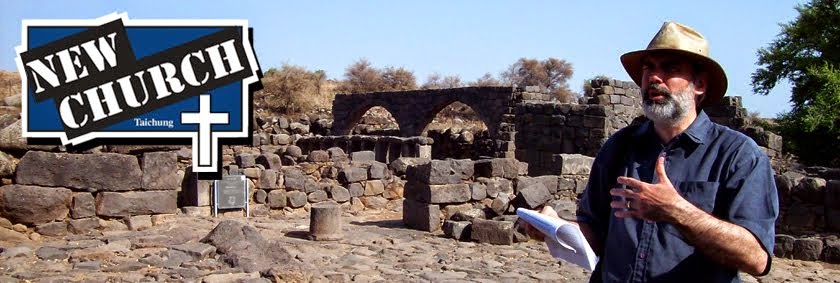This
is a quick draft of the sermon from Sunday, April 12th. Sorry about some of the rough spots and
abbreviations (N is north, S is south, E is east, W is west). I know this is difficult to understand without
the maps and photos. I hope I’ll be able
to add them some time.
CREDIT: This is one of the lectures developed by Dr.
Jim Fleming and the staff of Biblical Resources in Jerusalem that we would give
to Christian tourists when they first arrived in Israel as a general
introduction to the land. We sometimes
call this the 5-4-3-2-1 lecture.
The
Bible is like the script of a play or film.
By reading it, you can get a good sense of the plot. You can appreciate much of the dialogue. But you have to rely on your imagination to
fill in the details. That's fine if
you're reading a story of events in your own country and your own
generation. It’s easy to understand the
customs and the setting of your own time and your own people.
But
what if the story takes place far away, in a distant time and culture, with a
different language and people? Your
imagination will paint a picture--but that picture will be quite different than
the reality. You will miss the point of
strange customs and sayings. And you
will misunderstand some of the actions. This
is the problem we have when we read the Bible:
the action is in Israel in the Middle East, thousands of years ago, in
the Hebrew (or Greek) language, and among a Semitic people and society very
different than our own.








